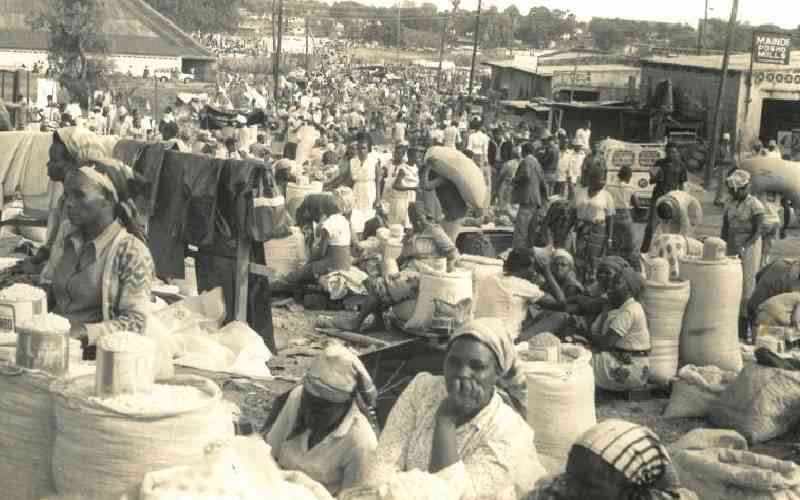×
The Standard e-Paper
Home To Bold Columnists

When the winds of change started blowing around the African continent, there was an air of anticipation in Nairobi. The hawkers waited with baited breath.
This was in 1960, and uhuru was coming. The government was unwilling to use brute force in chasing away petty traders.